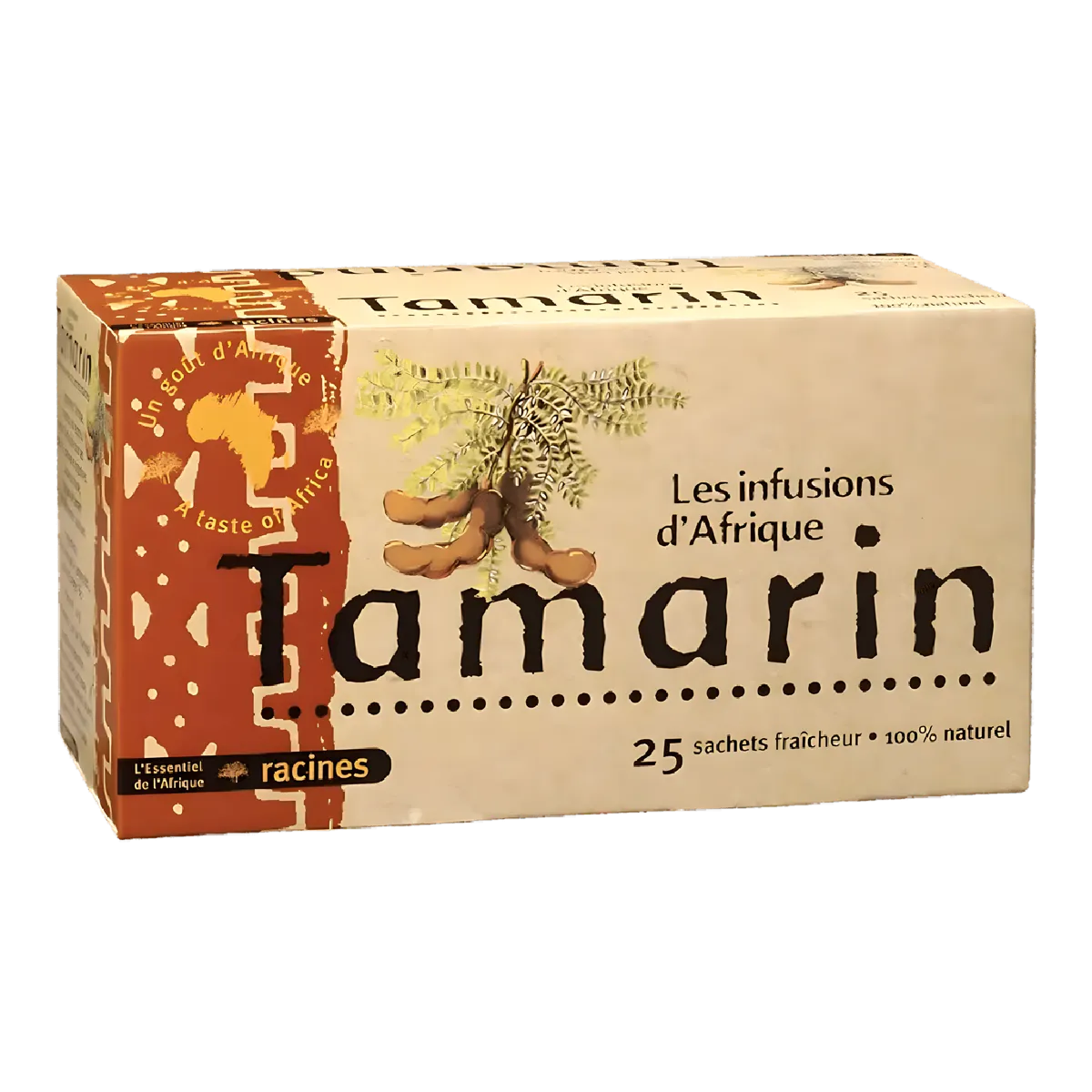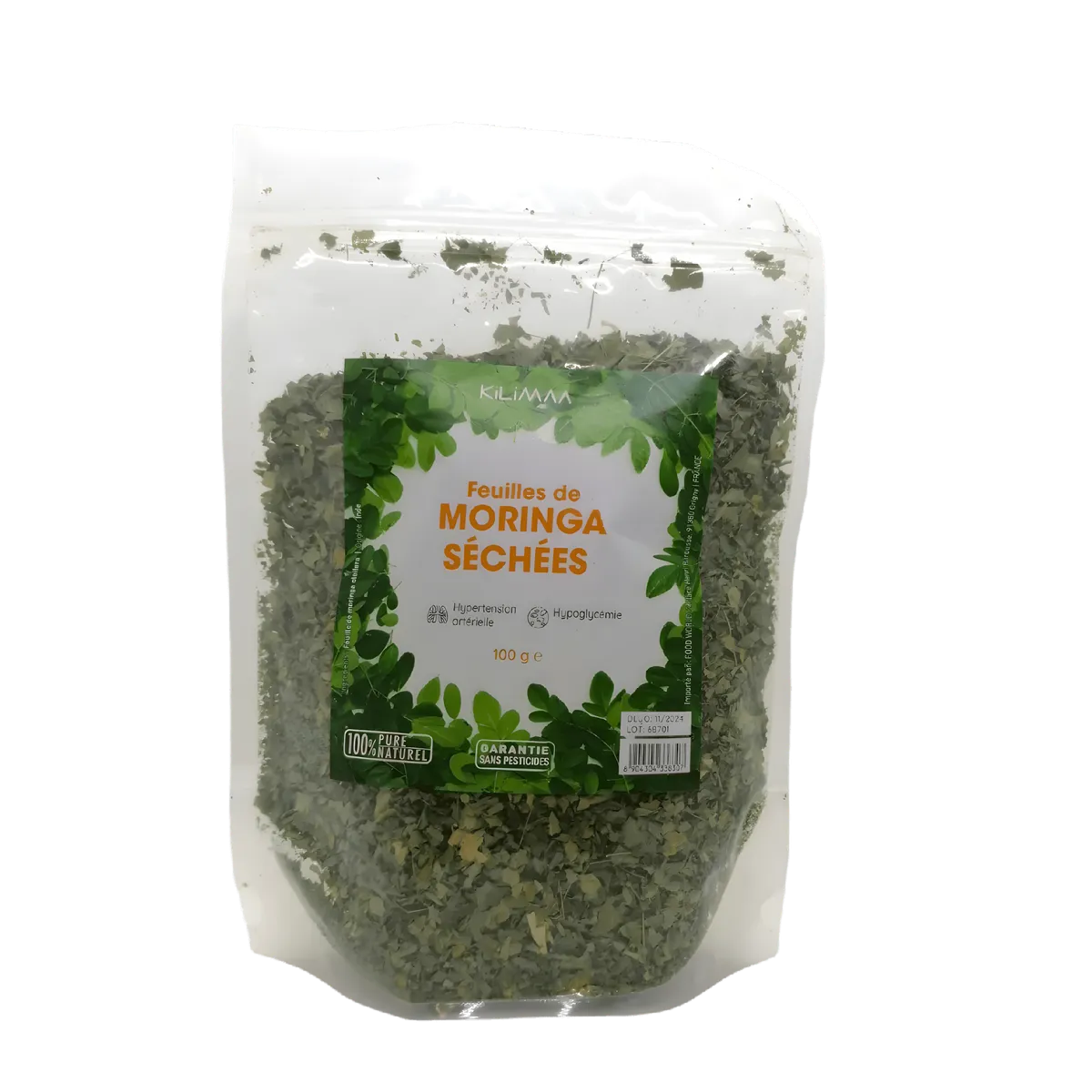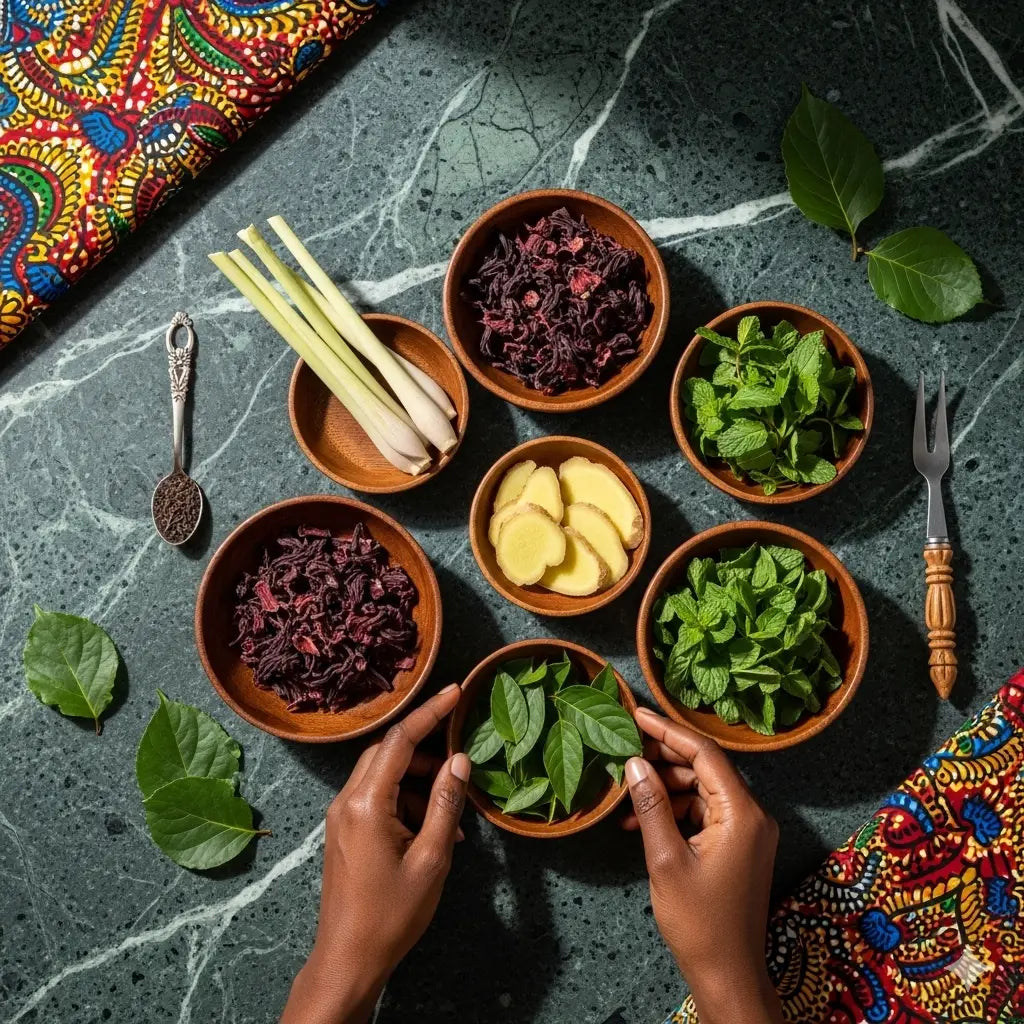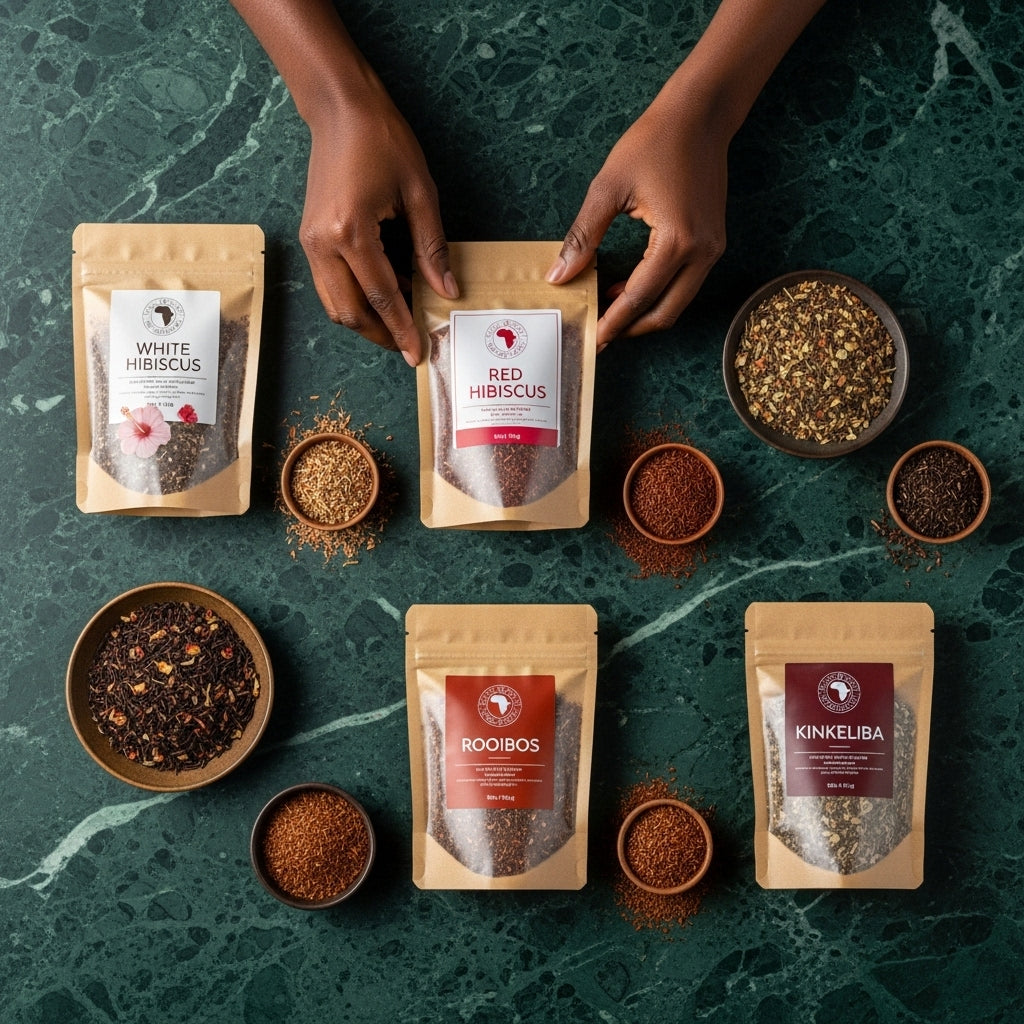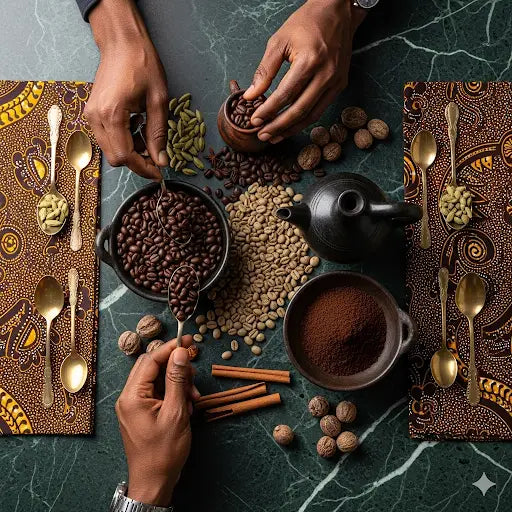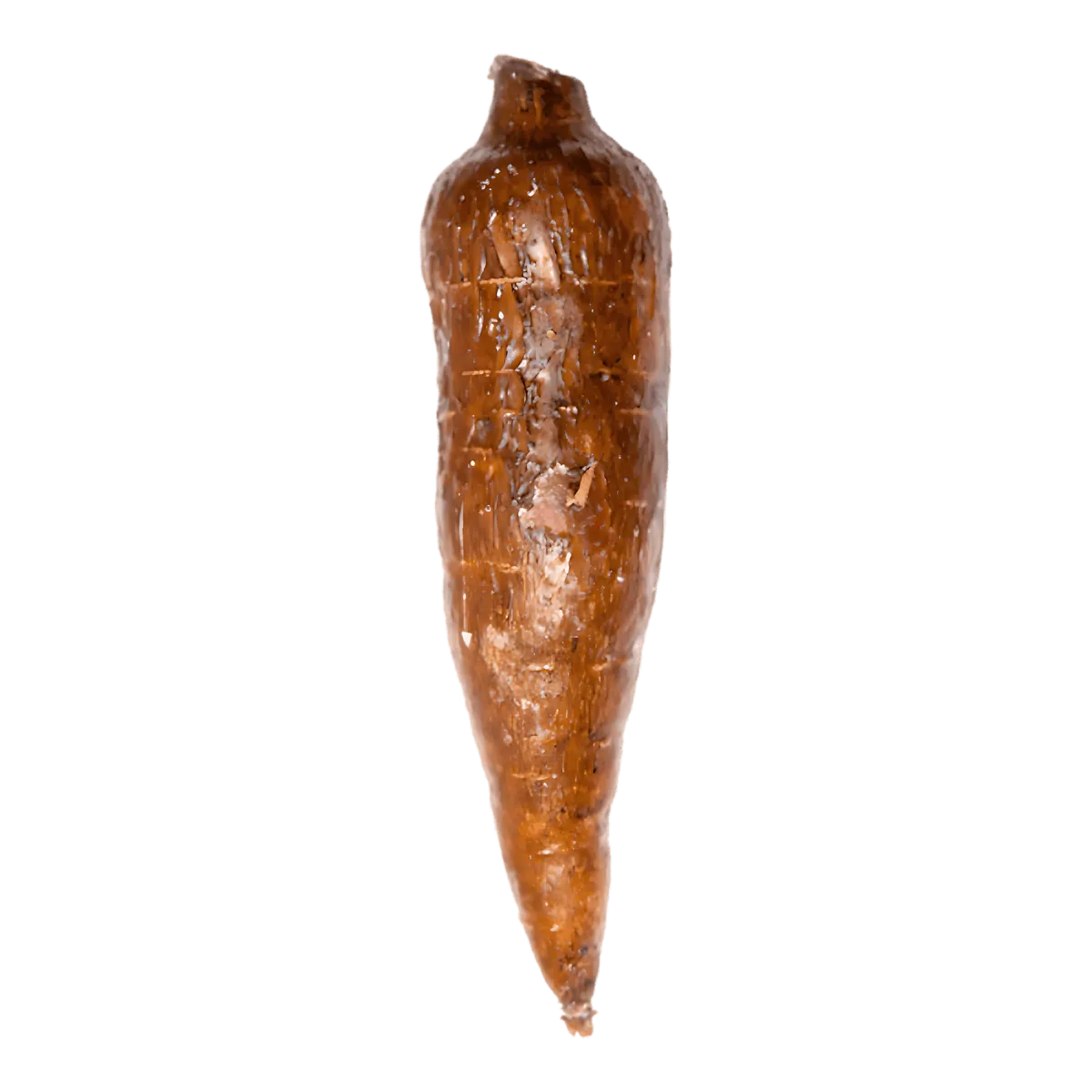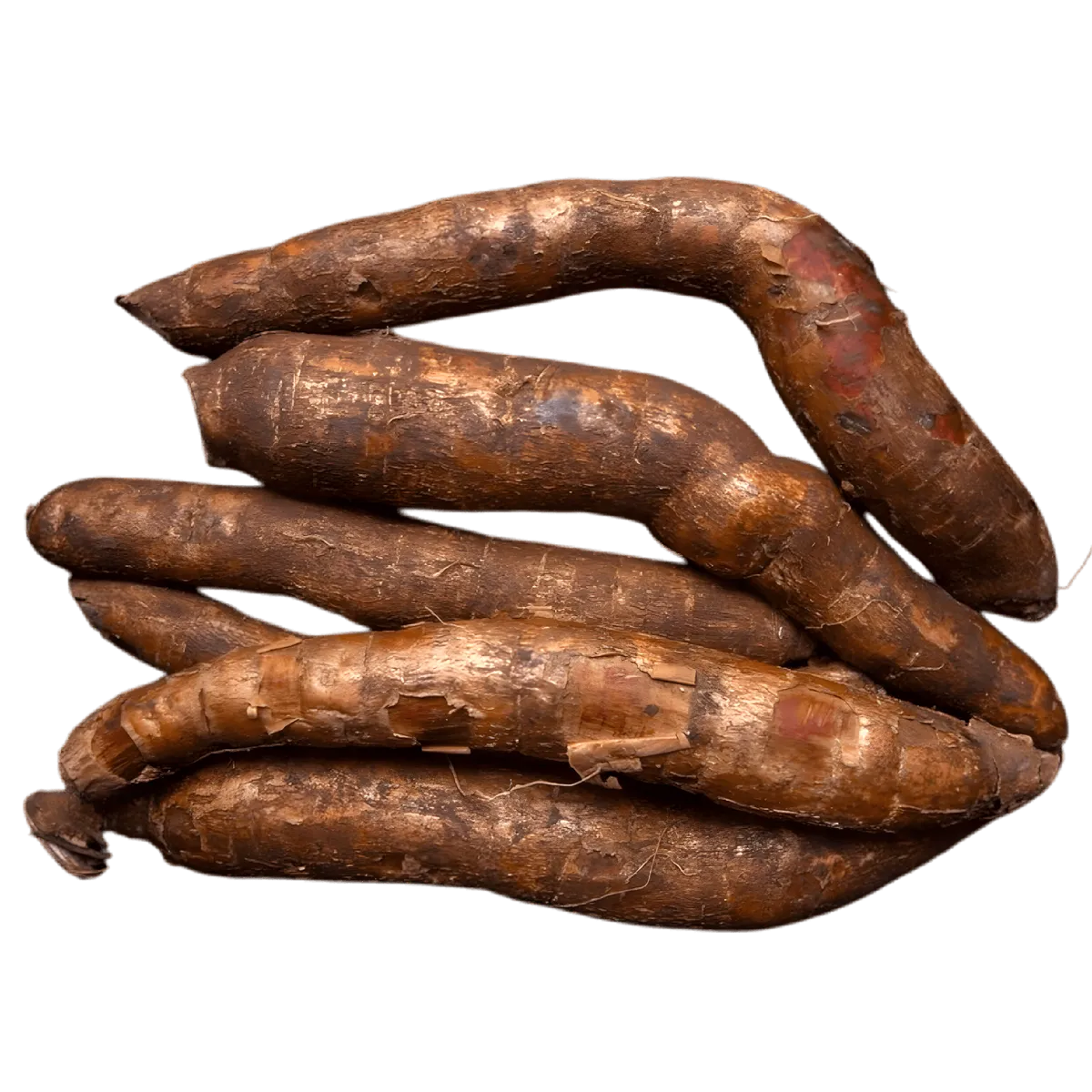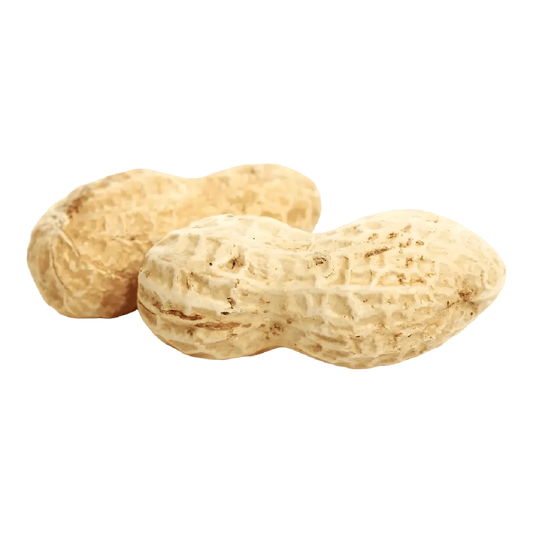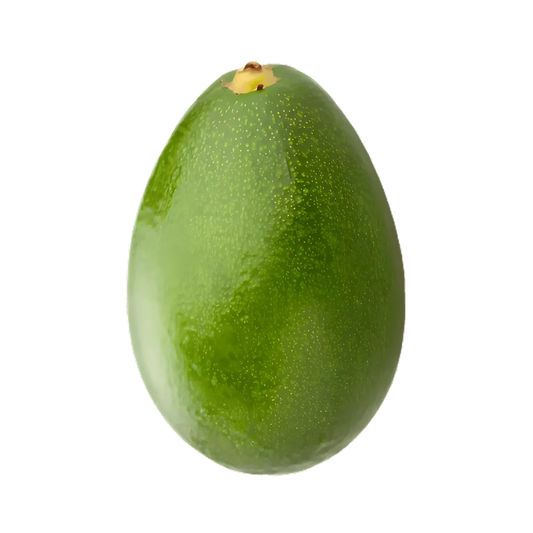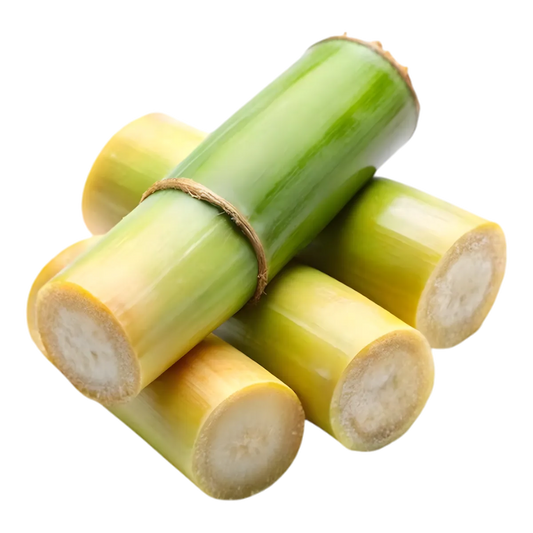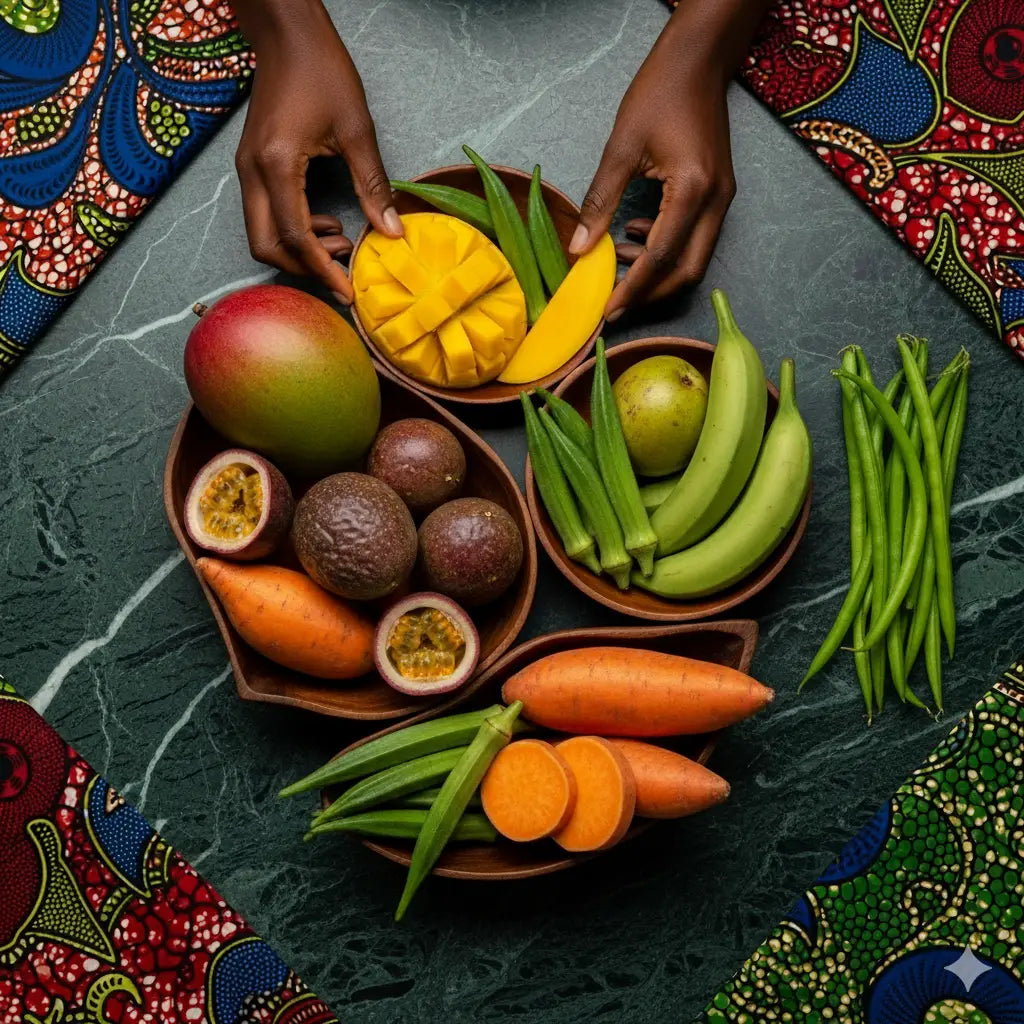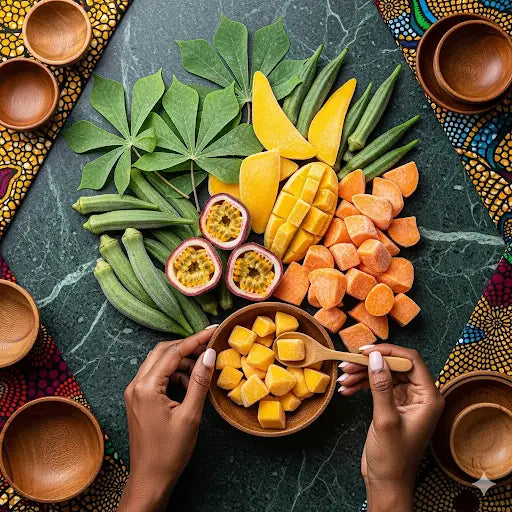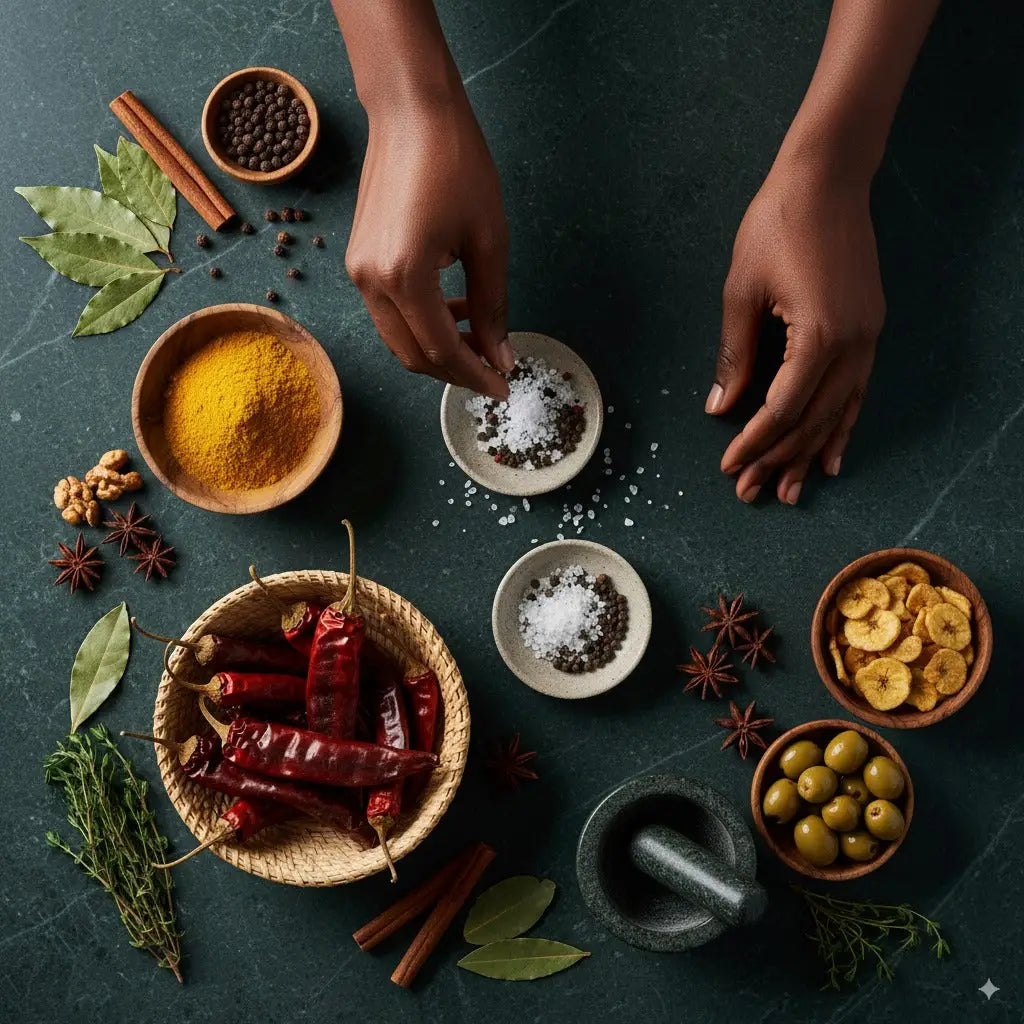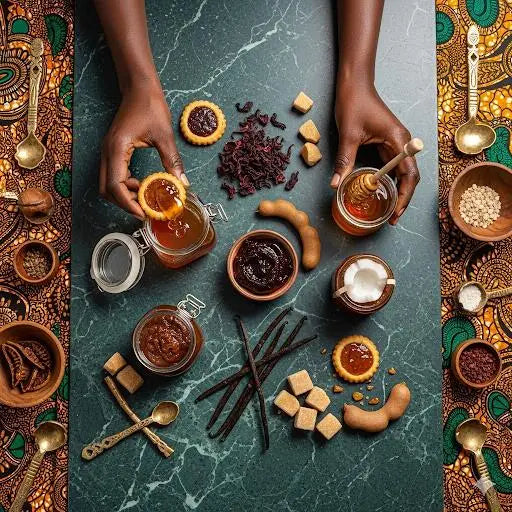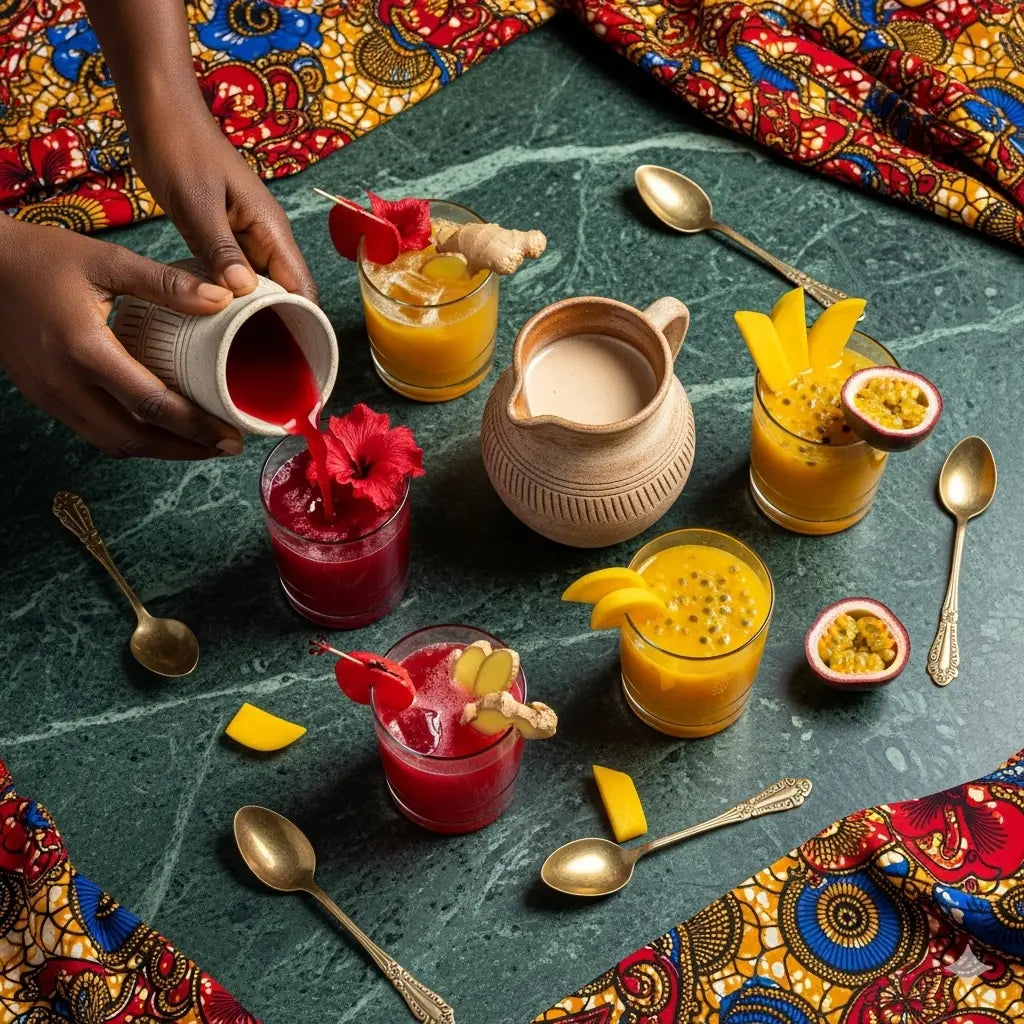The Journey of the Senses with Cassava
Discover cassava, also known as manioc root culinary uses, a gem of African and Caribbean culinary diversity. Its firm texture and slightly sweet taste transport you directly to exotic lands, where this root is an essential ally to enhance your favorite recipes.
Quality That Makes the Difference
Cassava is a tuberous root distinguished by its high carbohydrate content and versatility. Whether you choose to cook it boiled, fried, or mashed, it offers a rich range of flavors and textures. Suitable as a potato substitute, cassava is a must-have for true culinary connoisseurs and novice explorers alike.
Your Benefits at a Glance:
- Culinary versatility: can be used boiled, fried, or mashed.
- Rich in carbohydrates for lasting energy.
- Perfect alternative to potatoes.
- Adds an exotic touch to your dishes.
- Easy to incorporate into a variety of recipes.
How to Enhance Your Dishes:
Let your creativity run free by incorporating cassava into your dishes. Try it in curry, braised, or even in desserts to surprise your taste buds. This tuber pairs wonderfully with spices and sauces, allowing you to create healthy, tasty, and nourishing meals.
Frequently Asked Questions about Cassava:
What are the different ways to cook cassava?
Cassava can be prepared in various ways: boiled for a soft texture, fried for crunchiness, or mashed to make delicious purees.
What is the difference between cassava and potatoes?
Cassava is richer in carbohydrates and offers a slightly sweet taste compared to potatoes, while being just as versatile in culinary uses.
How to ensure cassava is well cooked?
Cassava should be cooked until tender to the touch, usually 20 to 30 minutes of boiling is enough. It is always recommended to taste it to check the cooking.
Can cassava be frozen after cooking?
Yes, cassava can be frozen after cooking. It retains its texture well and is easily reheated by steaming or in the microwave.
Which traditional dishes use cassava?
Cassava is used in classic dishes like foutou, gnamakoudji, or even in gwansès, bringing an authentic touch to every bite.
